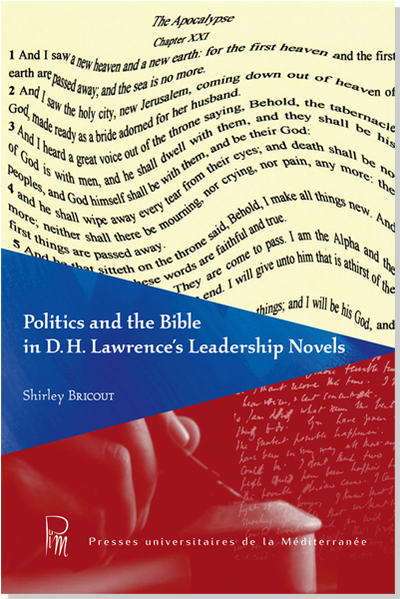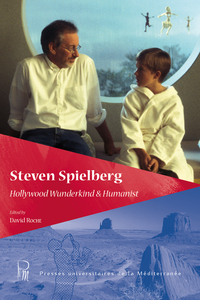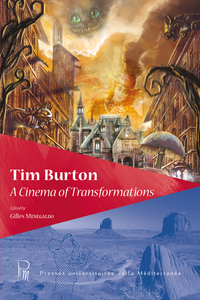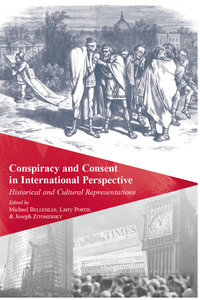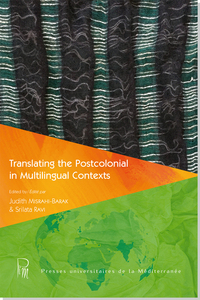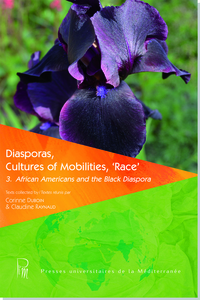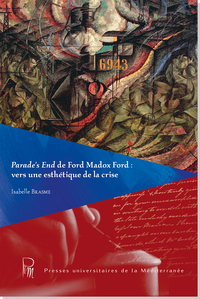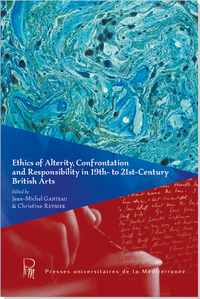Nous utilisons des cookies pour améliorer votre expérience. Pour nous conformer à la nouvelle directive sur la vie privée, nous devons demander votre consentement à l’utilisation de ces cookies. En savoir plus.
Politics and the Bible in D.H. Lawrence's Leadership Novels
EAN : 9782367811048
Édition papier
EAN : 9782367811048
Paru le : 4 nov. 2014
29,00 €
27,49 €
Disponible
Pour connaître votre prix et commander, identifiez-vous
Notre engagement qualité
-
 Livraison gratuite
Livraison gratuite
en France sans minimum
de commande -
 Manquants maintenus
Manquants maintenus
en commande
automatiquement -
 Un interlocuteur
Un interlocuteur
unique pour toutes
vos commandes -
 Toutes les licences
Toutes les licences
numériques du marché
au tarif éditeur -
 Assistance téléphonique
Assistance téléphonique
personalisée sur le
numérique -
 Service client
Service client
Du Lundi au vendredi
de 9h à 18h
- EAN13 : 9782367811048
- Réf. éditeur : OUVPOLBIB
- Collection : HORIZONS ANGLO.
- Date Parution : 4 nov. 2014
- Disponibilite : Disponible
- Barème de remise : NS
- Nombre de pages : 352
- Format : H:240 mm L:160 mm
- Poids : 740gr
-
Résumé :
This study, based on the numerous Bible references found in Aaron’s Rod (1922), Kangaroo (1923) and The Plumed Serpent (1926), shows how the constant borrowings from Bible sources voice D. H. Lawrence’s political thought. In many ways, Lawrence’s relation to the Bible recalls Nietzsche’s, however his appropriation of religious rites and sacred texts aims at questioning the political role of man in a community in terms of power and submission while positioning man in the cosmos.
Still under the trauma of his war experience, Lawrence introduces characters who, mirroring his own despair, reject their native country and leave in search of a new political order. They question their relation to God, to homeland and to marital bonds, intertextual dialogism voicing their doubts. In exile, their distancing from the power of the Word, which represents European political power, increases, as does the amount of transformation the biblical text undergoes. Eventually confronted with ideologies such as Fascism and Marxism, the characters state their opinions by weaving intertextual links with the Bible. Thus, to voice his political answers, Lawrence’s writing becomes highly apocalyptic.
By coupling politics and the Bible, the study offers an original reading of the so-called leadership novels which qualify as political essays.

